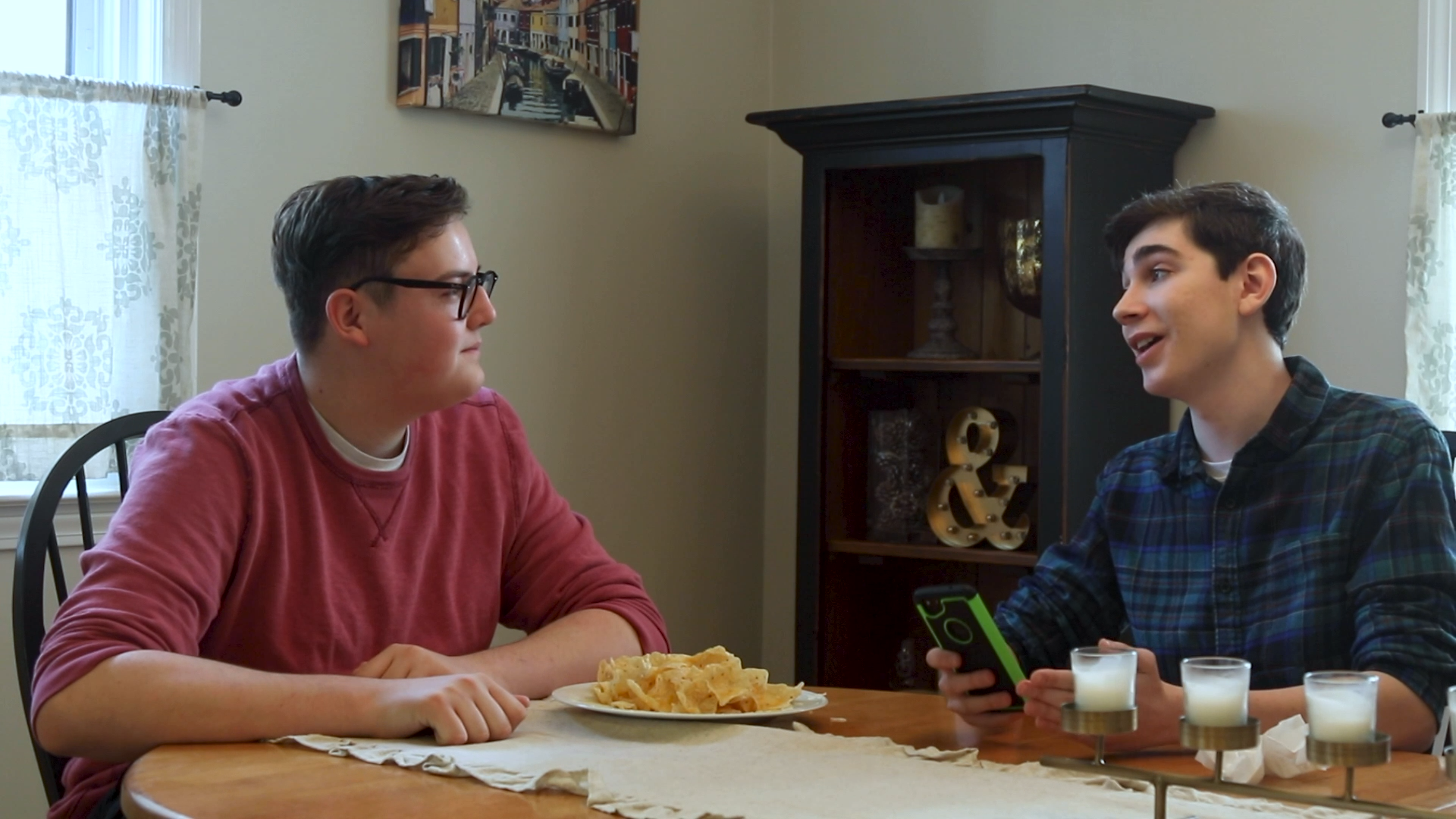
As educators, we aim to instill valuable social skills in our students, helping them navigate various social situations. One such essential skill set is the Restaurant Rules, which provides guidelines on how to behave during meals with others. This blog post will introduce an easy no-prep activity, discussion questions, and related skills to teach middle school students the Restaurant Rules, ensuring they feel confident and comfortable during shared meals.
Introduction
The Restaurant Rules help students understand the appropriate behavior when eating meals with others, whether it’s a family dinner, a meal at a friend’s house, or dining at a restaurant. The key elements of the Restaurant Rules are:
- Using our Self-Controller to keep our body and emotions calm
- Maintaining hygiene by keeping clean, using napkins, not touching other’s food, and washing hands
- Practicing manners through polite actions at the table
By teaching these rules, we can help students develop essential social skills that will serve them well in various social settings.
No-Prep Activity
Role-playing is an excellent no-prep activity for teaching the Restaurant Rules. Pair students together and have them take turns playing the roles of a guest and a host at a meal. Encourage them to practice using their Self-Controller, maintaining hygiene, and demonstrating manners during the role-play. As an educator, observe and offer constructive feedback to help students improve their social skills during mealtime.
Discussion Questions
- Why is it important to use our Self-Controller during meals with others? How can staying calm and patient improve our dining experience?
- How can maintaining good hygiene benefit both ourselves and the people we are eating with?
- What are some examples of polite actions or manners we can practice at the table? How do these actions contribute to a pleasant mealtime atmosphere?
- Can you think of a time when someone didn’t follow the Restaurant Rules? How did it impact the dining experience for others?
- How can practicing the Restaurant Rules help us build better relationships with our friends and family members?
Related Skills
Beyond the Restaurant Rules, other relevant skills can help middle school students develop well-rounded social-emotional competencies. These include:
- Active listening: Paying attention and showing interest in what others are saying during conversations
- Empathy: Understanding and sharing the feelings of others
- Conflict resolution: Addressing disagreements and finding solutions that work for everyone involved
- Respect for personal space: Recognizing and respecting the physical boundaries of others
Next Steps
Now that you’re familiar with the Restaurant Rules and have some ideas for teaching these essential social skills to your middle school students, we invite you to sign up for free samples of activities and materials related to the Restaurant Rules and other important social-emotional learning skills. Equip yourself with valuable resources to help your students thrive in their social lives and beyond.

